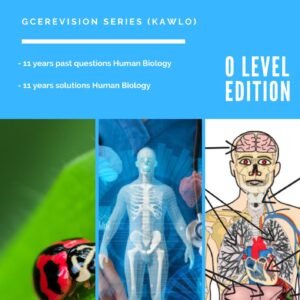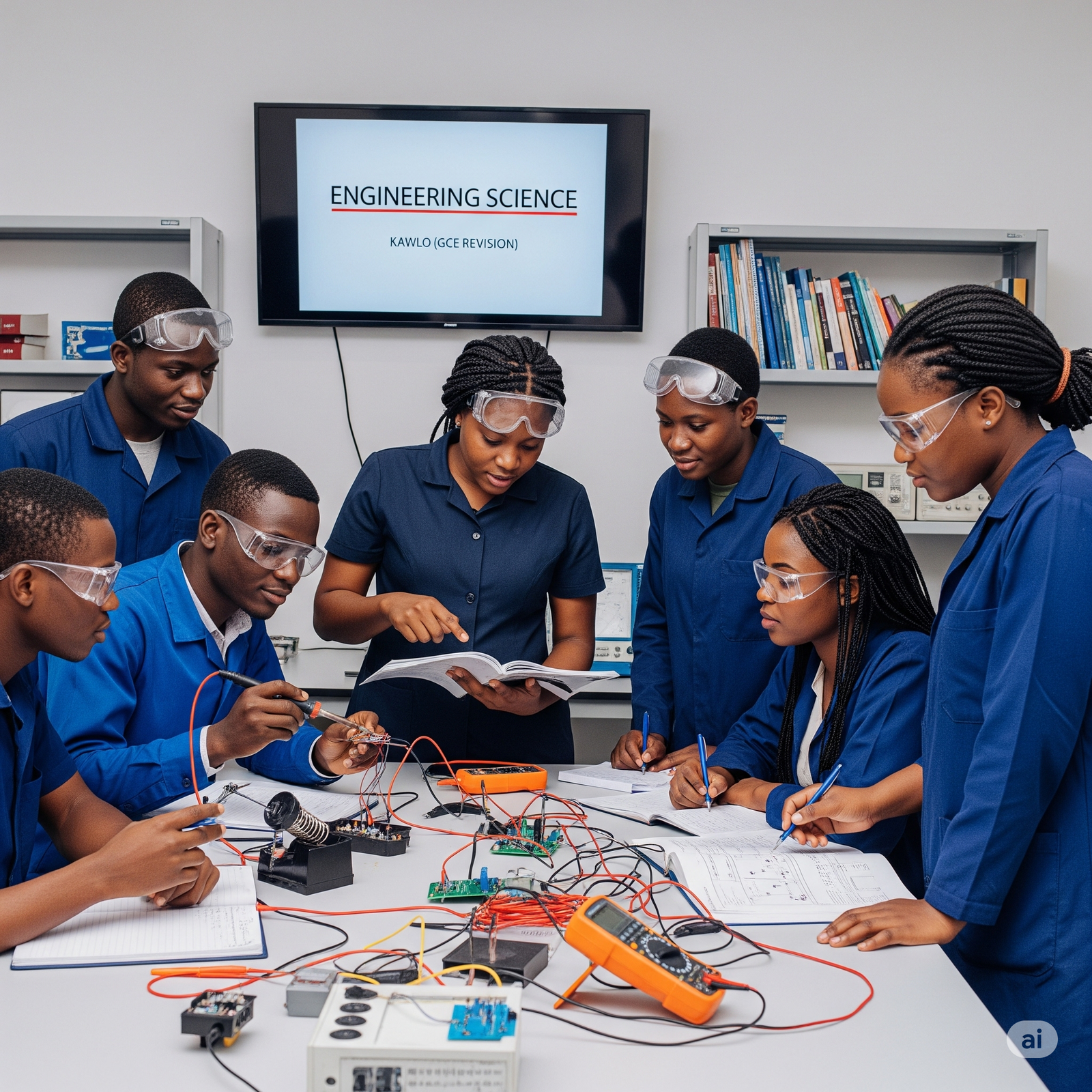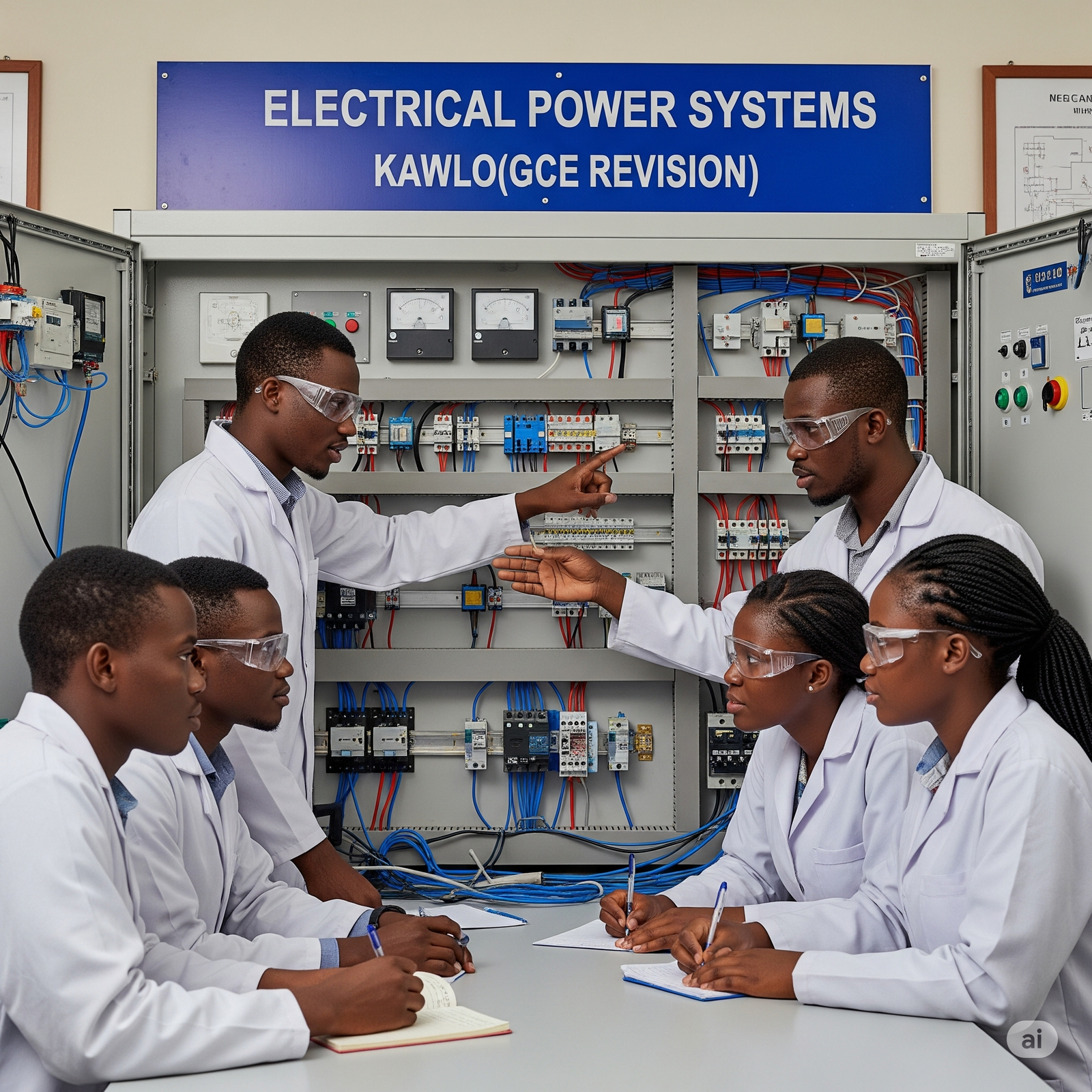Advanced level 2024 CASPA mock Further mathematics 3
Advanced level 2024 CASPA mock Further mathematics 3
1. The rate of decay of oranges from a bag is directly proportional to the number of oranges present in the bag at any
given time, t. Given that half the original number of oranges, x0 gets rotten within 15 days, show that
where x is the number of oranges in the bag at time, t.
Hence, calculate the percentage of oranges remaining in the bag after 45 days. (9 marks)
2. Three forces 𝑭𝟏, 𝑭𝟐 and 𝑭𝟑, act at points with position vectors 𝒓𝟏, 𝒓𝟐 and 𝒓𝟑
respectively, where
𝑭𝟏 = (4𝒊 − 𝒋 + 𝒌) 𝑁, 𝒓𝟏 = (8𝒊 − 𝒋 − 𝒌) 𝑚
𝑭𝟐 = (−𝒊 + 2𝒋 − 𝒌) 𝑁, 𝒓𝟐 = (2𝒊 − 3𝒋 − 𝒌) 𝑚
𝑭𝟑 = (−3𝒊 − 𝒋) 𝑁, 𝒓𝟑 = (𝒊 − 𝒋 − 6𝒌) 𝑚
(i) Show that the lines of action of 𝑭𝟏 and 𝑭𝟐 intersect and find the position vector
of the point of intersection. (6 marks)
(ii) Show that 𝑭𝟏, 𝑭𝟐 and 𝑭𝟑 are equivalent to a couple. (6 marks)
3. (i) Show, by integration, that the moment of inertia of a uniform rod PQ of mass m and length 6a about an axis
through one end and perpendicular to the plane of the rod is 12 . ma2 (4 marks)
The rod is free to rotate in a vertical plane about a smooth horizontal axis through its end P .
Find
(ii) the radius of gyration of the rod about an axis through P , (2 marks)
(iii) the period of small oscillations of the rod about its position of stable equilibrium, (7 marks)
(iv) the length of the equivalent simple pendulum. (2 marks)
4. The polar equation of a curve C referred to the pole O and a fixed initial line is r ae cot , where a is a positive
constant and 0
4
. A particle Q of mass 2𝑚 moves along C such that OQ rotates with constant angular speed .
(i) Show that the magnitude of the acceleration of Q is r ec 2 2 cos . (9 marks)
(ii) Find the magnitude of the force which acts along OQ. (3 marks)
5. A particle Q executes simple harmonic motion with centre O and period 2𝜋 seconds.
At time 𝑡 = 0 it passes through a point A, 4 metres from O while moving with speed
3 𝑚𝑠−1 towards O.
Find (i) the amplitude of the motion, (3 marks)
(ii) the time, in seconds to 2 significant figures, taken by Q to move directly from A
to the point where it first comes to rest. (7 marks)
6. Given that 𝑦 satisfies the differential equation














